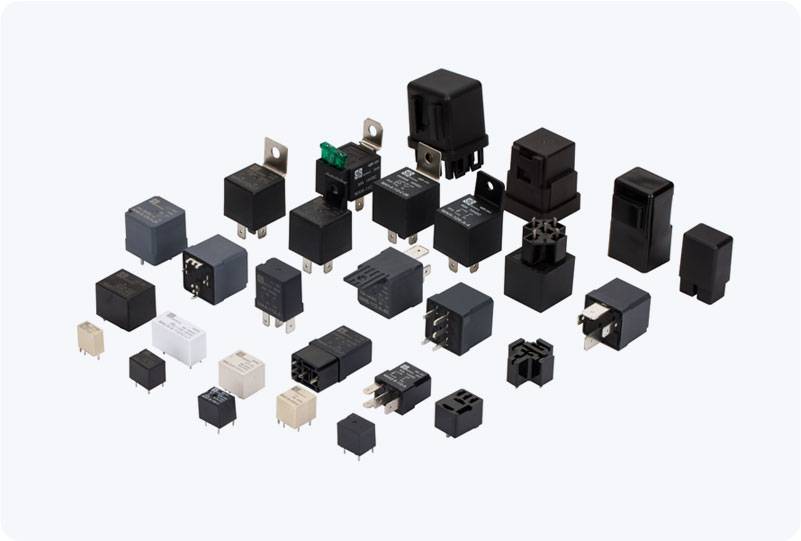A starter motor relay is an essential component in a vehicle’s electrical system that plays a crucial role in starting the engine. It serves as a bridge between the ignition system and the starter motor, allowing the engine to begin its operation. While many drivers may not be aware of this part’s existence, it is indispensable for ensuring that your vehicle starts reliably every time you turn the key. In this article, we will dive into the function, significance, and common issues related to starter motor relays.

What is a Starter Motor Relay? The starter motor relay is a small but powerful electrical device that acts as a switch, controlling the flow of electrical current to the starter motor. The primary job of the relay is to use a low-current signal from the ignition switch to control the high-current circuit required to power the starter motor. This relay helps to prevent the ignition switch from being overwhelmed by the high current that the starter motor demands when trying to turn over the engine. Without the starter motor relay, the ignition switch would have to handle a much larger electrical load, which could lead to damage or premature failure. The relay allows the ignition switch to function with minimal strain, only requiring it to send a small signal to activate the relay.